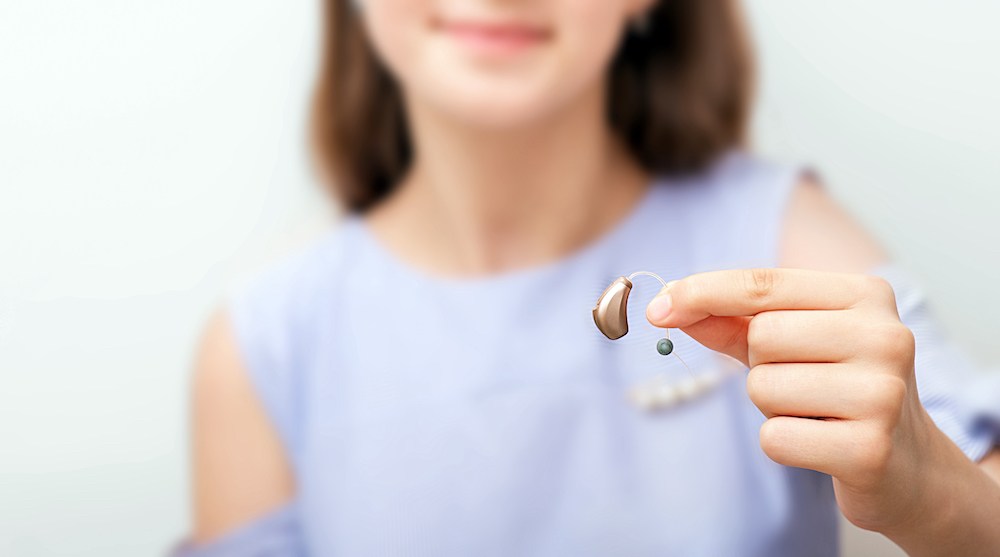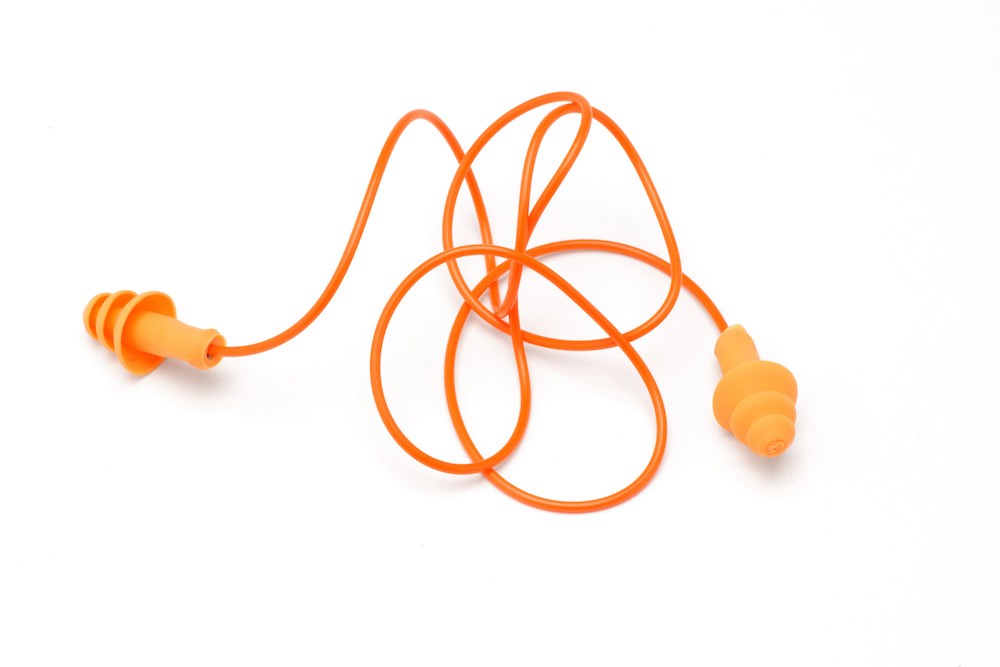How to Protect Your Hearing During Fall Festivals
Fall festivals bring plenty of fun, from outdoor concerts and craft fairs


Fall festivals bring plenty of fun, from outdoor concerts and craft fairs

Hearing aids today are nothing like the bulky, whistling devices you might

Music does more than entertain us – it marks our important moments,